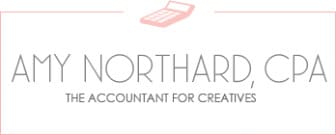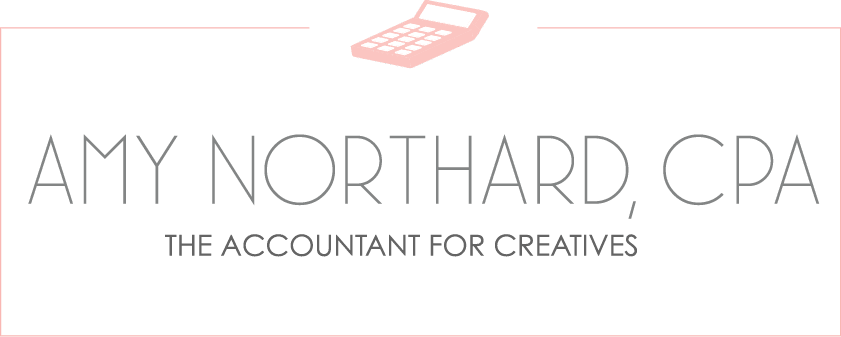There is a common misconception that I’ve seen on the internet that says if you make under $600 (contracting, freelancing, etc.) – you do not need to report it to the IRS. This is false, there is no minimum amount that a taxpayer may exclude from gross income.
Independent contractors must report all income that they receive as taxable, even if it is less than $600, and even if the client does not issue a Form 1099-NEC.
Next time you see this rumor in a Facebook group or post, be sure to share this post. You don’t have to just take my word for it, here’s the official guide from the IRS: https://www.irs.gov/uac/reporting-miscellaneous-income
The IRS will never catch you.
This is the typical response from someone who has never been audited. I’m sure there are a lot of taxpayers who have skirted the law, and not reported all their income to the IRS. If you get caught, you will be responsible for paying the tax, plus interest, and a penalty. You may also be subject to criminal prosecution – underreporting income is a crime and you’re signing a tax return on penalty of perjury. Failing to report income may also lead to the loss of deductions and credits which rely on taxable income limits (such as childcare and dependent credits).
Why is $600 the common amount for this myth? Taxpayers often get this law confused with the law that states that as a business owner, you must issue a Form 1099-NEC to any independent contractors if:
- You made the payment to someone who is not your employee;
- You made the payment for services in the course of your trade or business (including government agencies and nonprofit organizations);
- You made the payment to an individual, partnership, estate, or in some cases, a corporation; and
- You made payments to the payee of at least $600 during the year.
To report your miscellaneous income, you must use the Form 1040 (Schedule C) or Form 1040 (Schedule C-EZ). Contact me if you need any assistance preparing your taxes or issuing 1099’s to your contractors.

